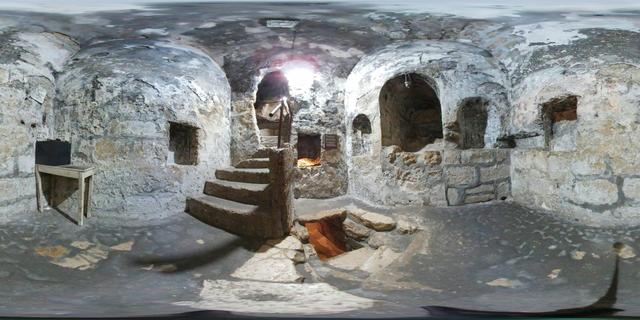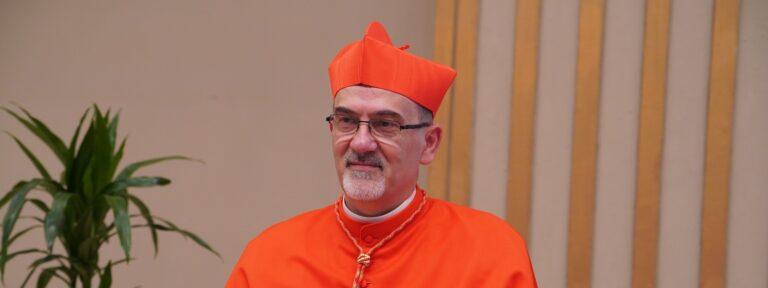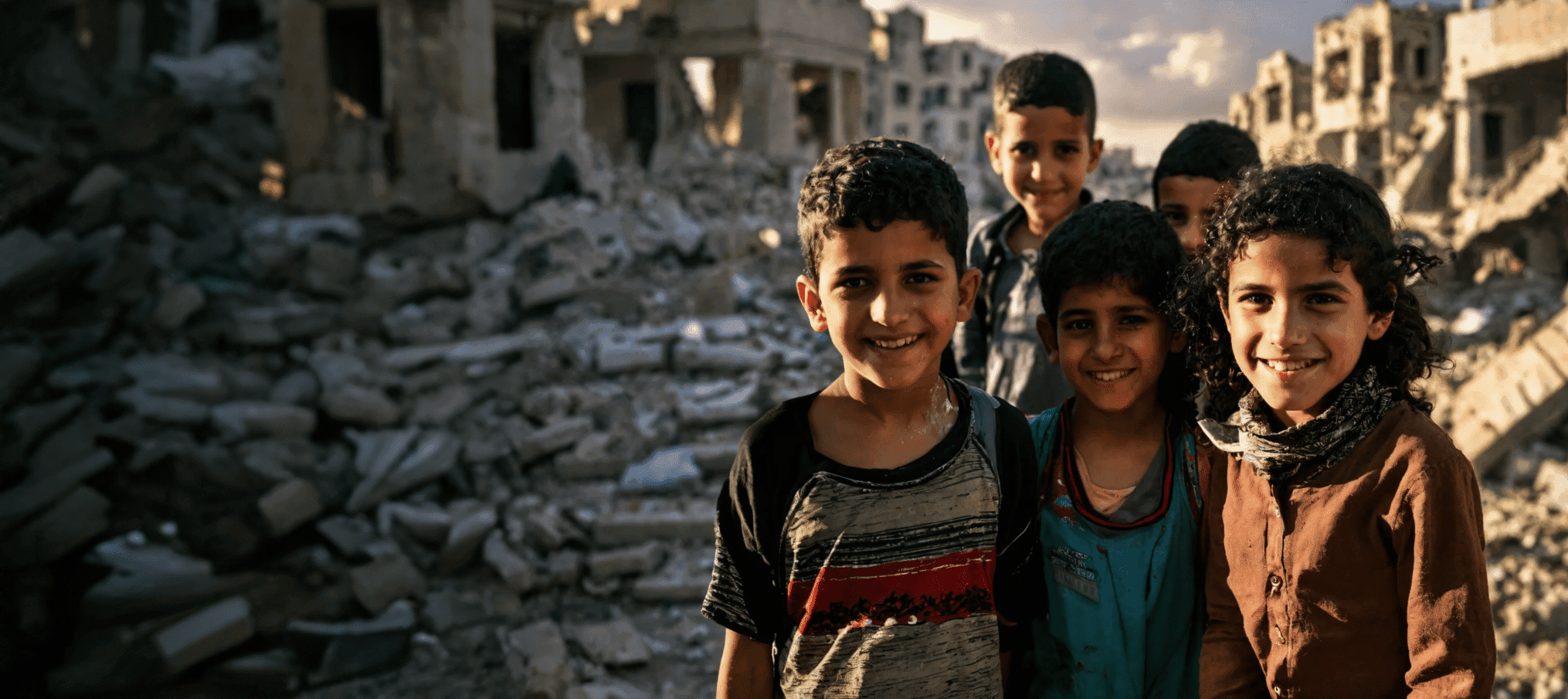"The situation is very serious." The tone is worried, serious. Apprehension transpires in the face of the Latin Patriarch of Jerusalem, His Eminence Pierbattista Pizzaballa, when he begins to tell the dramatic events that have been taking place in the Holy Land since Saturday, October 7. Hamas launched a very large-scale attack on Israel. The biggest attack we've seen in years. Israel has responded with horrific bombing of the Gaza Strip where civilians are forced to seek refuge where there is none. The situation is highly unstable and any moment could lead to an escalation. From Jerusalem, the Patriarch launches a heartfelt appeal for peace.
Your Eminence, unfortunately we are somewhat accustomed to violence in these lands. Yet, in this situation everything seems more violent, more serious. How are you living these days?
"The situation is very serious. It is true that this is not the first time that we have faced a crisis, but the scale of this crisis, the seriousness of the faits accomplis, both in Israel and in Gaza, has made the situation dramatic. There is a lot of tension, a state of emergency has been declared throughout the country, most activities are suspended, schools are closed. Let's say that what is striking is the nervousness and tension that are also breathed in ordinary life, in the street and in places of common life that are now reduced to a minimum."
Have you managed to get in touch with the Catholic community in Gaza? We know that the Strip is experiencing a blackout, there is a lack of everything, water and electricity...
"Yes, we are in contact with them, we try to keep in touch as much as possible, without exaggerating precisely because the resources are very few. Physically they are all well, most of the Christian families, almost two-thirds, are gathered in the centers of the church of the Holy Family. Many of the Christian homes were destroyed, not as a primary target, but still as so-called "collateral damage." Water begins to run out, and it is very difficult to find it, with very high costs. Diesel is also very expensive, but it is essential for generators, given the lack of power and is the only way to have for a few hours a day the energy necessary for the minimum activity that is needed. We hope that in the coming days the reason will return and we can at least introduce water, food and the necessary medicines."
There is also a lot of tension in the West Bank, and there are fears that a further escalation will be created.
"Yes, Hamas has launched a general appeal, let's see what kind of reaction there will be. There is a lot of fear and not everyone agrees on what happened, of course. However, it is difficult to predict developments, they are very unpredictable situations, as no one could have foreseen the dramatic situation in which we find ourselves and the atrocity we saw last week."
Why do you think it is not possible to find a solution to this conflict, Your Eminence?
"The reasons are many, political and religious, and we must recognize it: it is an increasingly religious conflict, not just a political one. In addition, there is interference from external people. I don't think it makes much sense today to dig back. We must recognize that we are in a new, dramatic phase, and it will be very difficult to rebuild after this crisis, if it can only be called "crisis" and not "war". Rebuilding, but not only the physical rubble, which is perhaps the easiest part, it is necessary to rebuild a minimum of trust, of relations between the two sides, between Israelis and Palestinians. That is a necessity, however, because Israelis and Palestinians will stay here and be forced to reckon with each other, whether they like it or not. It will take a lot of time, a lot of patience and the work of many people of good will, many operators who patiently know how to rebuild what has been destroyed which is enormous."
Yesterday you launched an appeal in which you said: "God is not a god of disorder but of peace". But now we might ask, where is God right now?
Woe betide you. God is here. God is presence. I firmly believe that. Now more than ever I believe that God is a real presence in life, so now is the time when we must turn to Him. This is why I have proclaimed a day of prayer and fasting. Here, the question is not so much "where is God", but let's go back to what was said even 70 years ago in Europe during the Holocaust: where is man? What have we done with our humanity? What have we done with our vocation, respect for the rights of the person and the growth of the person? These are the questions we have to ask ourselves."
And in this sense, what can Christians who live in the Holy Land today do to rediscover this humanity of which you spoke?
To rediscover humanity, we Christians must first look at Christ who is the complete Man. Otherwise we remain only in the vague, in the abstract. Jesus as a real presence that touches, that changes our lives: for this we must pray. Prayer will not solve any of our problems, it does not exempt us from the work we have to do, from the path we have to take. Prayer, however, introduces us into an attitude, opens our hearts. It does not allow the heart to be polluted by hatred. It does not exempt us from the work to be done, but illuminates it, shows us the path to take, so prayer is fundamental. When we are in difficulty, we always look for a close person. And if it is a real presence, we want it close. And in prayer we find him, in prayer, in fasting, in doing something that makes him feel close. This is the first thing to do. Then, of course, we must work from the point of view of humanitarian support through large associations. Right now we are all a bit paralyzed, but there will come a time when there will be a need for this, we must be ready and prepared, avoid using exclusive, violent, hateful language: it would mean falling into the narrative of those who want this disaster.
























